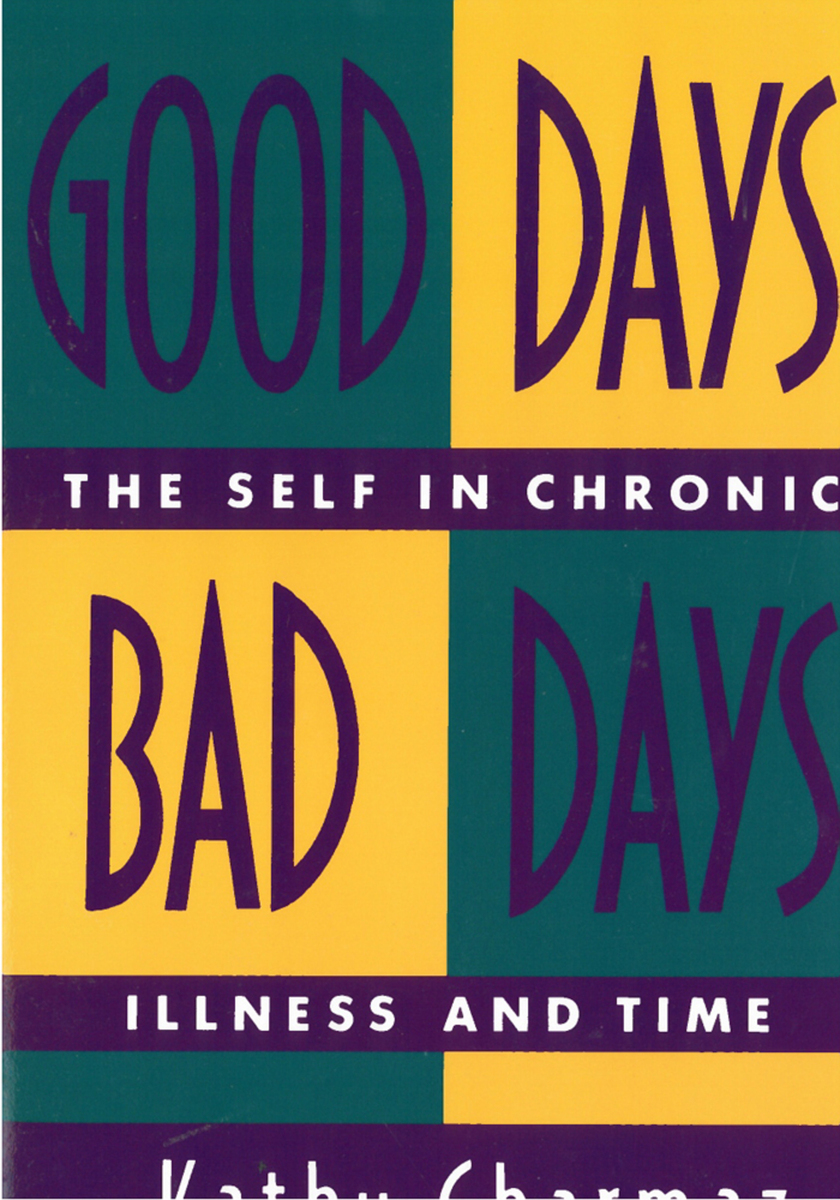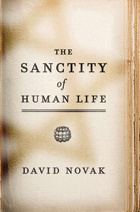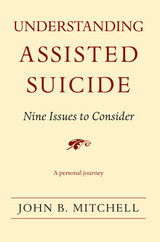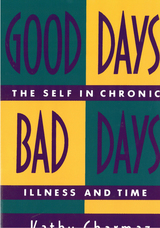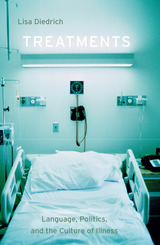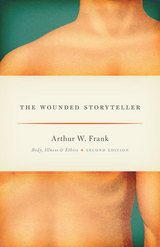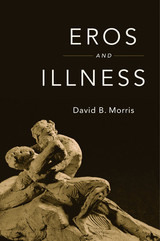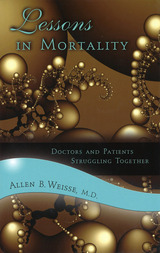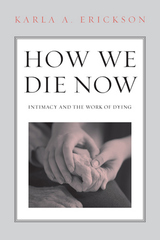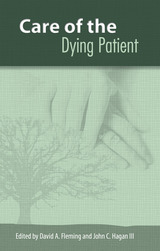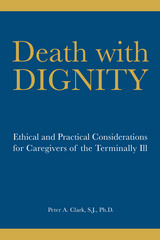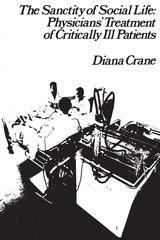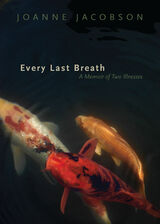Cloth: 978-0-8135-1711-7 | Paper: 978-0-8135-1967-8 | eISBN: 978-0-8135-5669-7 (PDF)
Library of Congress Classification R726.5.C49 1991
Dewey Decimal Classification 155.916
Illness provides a mirror that allows sufferers to see themselves and to become more introspective. As they struggle for control over illness and control over time, they also struggle to control the central images of the self. For example, the chronically ill may situate their self-concepts in the past, present, or future. Charmaz examines under what conditions they situate their self-concepts in each of those timeframes. People may say they live one day at a time. They may bracket certain experiences, such as a heart attack, as timemarkers or turning points in the past. Or they may look ahead to recovering their health. Or ahead to death.
Charmaz artfully combines near jargon-free analysis with moving stories about how people have experienced illness, usually told in the sufferers' own words. She enters the world of the chronically ill, and brings us into it.
See other books on: Bad | Chronic diseases | Chronic Illness | Chronically ill | Self
See other titles from Rutgers University Press
